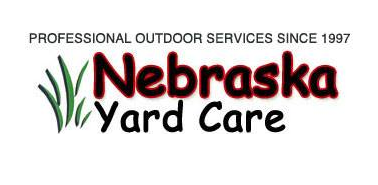FAQs
Nebraska Yard Care
Have a landscape or mulch-related question? We have the answer. Check out these FAQs and give us a call today for more information!
-
What are the best flowers for a low-maintenance flowerbed?
Low-maintenance flowers we recommend include daylilies, black-eyed Susans, and ornamental grasses. Native plants are also great for local conditions.
-
How do I plan the layout of a flowerbed?
Think about sunlight exposure, soil quality, and the mature size of plants when planning a flowerbed creation. You should try to group plants with similar water and sunlight needs.
-
What is the proper way to prepare soil for a flowerbed?
Involves removing debris, incorporating organic matter, and ensuring proper drainage. Soil tests help determine the need for changes.
-
How can I extend the blooming season of my flowerbed?
Choose plants with various bloom times, ensuring there's something in bloom throughout the growing season. Deadheading spent flowers also encourages additional blooms.
-
What are some tips for dealing with weeds in flowerbeds?
A layer of mulch helps to suppress weeds. Regular weeding and landscape fabric can also prevent weed growth.
-
What types of mulch are suitable for flowerbeds?
Organic mulches such as bark chips and shredded leaves add nutrients to soil as they decompose. Non-organic mulches like gravel offer long-lasting weed control.
-
How deep should I apply mulch in my flowerbeds?
A 2–4-inch layer of mulch is perfect. Do not pile up mulch against stems to prevent moisture-related issues.
-
Is there a specific time to apply mulch during the year?
Should be applied in the spring to conserve soil moisture and suppress weeds. You should also replenish mulch in the fall to insulate plants during winter.
-
Can I use newspaper or cardboard under mulch to control weeds?
Absolutely. Placing newspaper or cardboard under mulch is an effective method to prevent weed growth. Make sure that adequate moisture reaches the soil.
-
How often should I replenish mulch in my flowerbeds?
Mulch should be applied annually or as needed. Try to monitor the thickness and add more if the mulch has decomposed or if weeds are becoming a problem.

Share On: